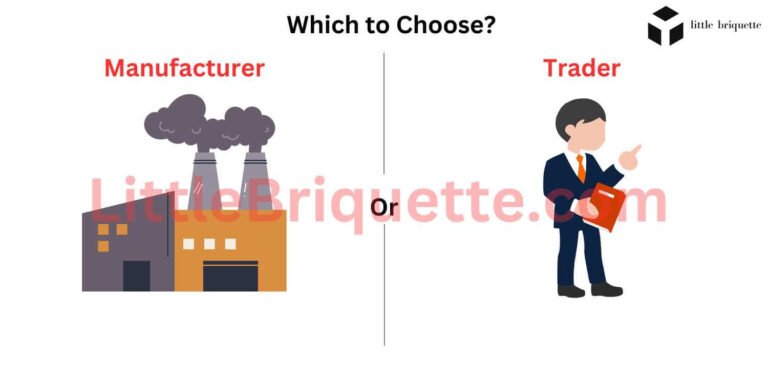
How to choose the right source for your products? There are 2 types of sellers in Indonesia. There is the real factories and there is a trader.
Table of Contents
ToggleImporting directly from a supplier gives businesses greater control over the entire procurement process.
Direct importation also allows for more transparent pricing and reduces the markup that agents may add to the final price.
When importing from a supplier, one potential advantage is the opportunity to negotiate and secure guaranteed quality from the source.
Because they have a fixed price and sometimes cannot be negotiable.
Most manufacturers just sell 1 product grade, but nowadays some manufacturers already start to sell more than 1 grade to have a price range
Importing directly requires businesses to handle logistics, shipping arrangements, and customs clearance procedures themselves. This can be complex, especially when dealing with different regulations, paperwork, and transportation arrangements. It may require additional time, resources, and expertise to navigate these challenges effectively.
They also commonly have a problem that makes importers frustrating, the problem is when they are not ready for production. This comes to a canceled shipment but you already have to pay their first payment that will never come back. This happens because of their bad supply chain management and the biggest factor is because of their lack of raw coconut supply.
Suppliers are mostly just a business-oriented focus on supplying their buyer’s needs. They do not have time to communicate further with buyers and also do not have time to know a lot more about the importer business. And because of it, they also cannot help your business if there is a problem outside of their area.
Most traders can help to find a solution for importers’ business problems because they just not focusing on supplying importers, they also help their buyers with their product knowledge and business knowledge. This helps the importers to know and see another perspective of their business and they gain a competitive solution for their business problems.
Some traders also can help importers to build their websites, rank their SEO, help them to make ads, help them to find clients, and more.
Traders like this prioritize good relationships and mutually beneficial cooperation with their buyers.
Agents are flexible to negotiate because they have their profit that can be decreased
To give importers some flexible considerations (each grade have different qualities and different price)
Because traders have many references of suppliers, they have a recommendation option for you to choose which product is fit to your expectation and your price.
Example:
Grade 1: $8
Grade 2: $6
Grade 3: $4.5
Traders are most likely working with more than 1 manufacturer. So if 1 manufacturer is not ready, they can go to their second manufacturer.
A broker can fast move your order to another factory and keep the timing according to the plan. But firstly they will communicate with you if the first manufacturer is not ready. And from there you will decide whether you don’t order or you order another product grade.
Traders commonly have a higher cost because of their commission, but nowadays traders are flexible because they have more than 1 product grade also that you can consider (because they work with more than 1 manufacturer)
Because it’s out of their control, and it makes importers more complicated to find a way and begin to cancel the shipment.
If you get problems with your charcoal – the most likely broker will forward your problem to the factory